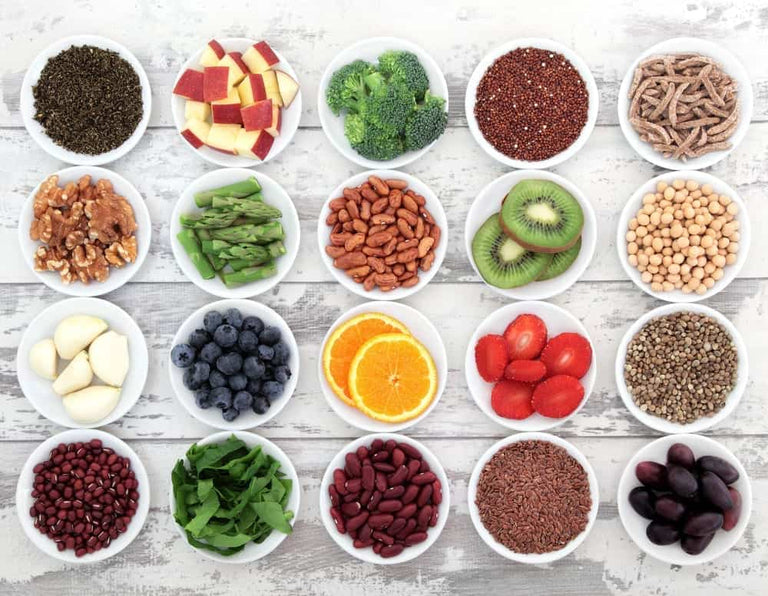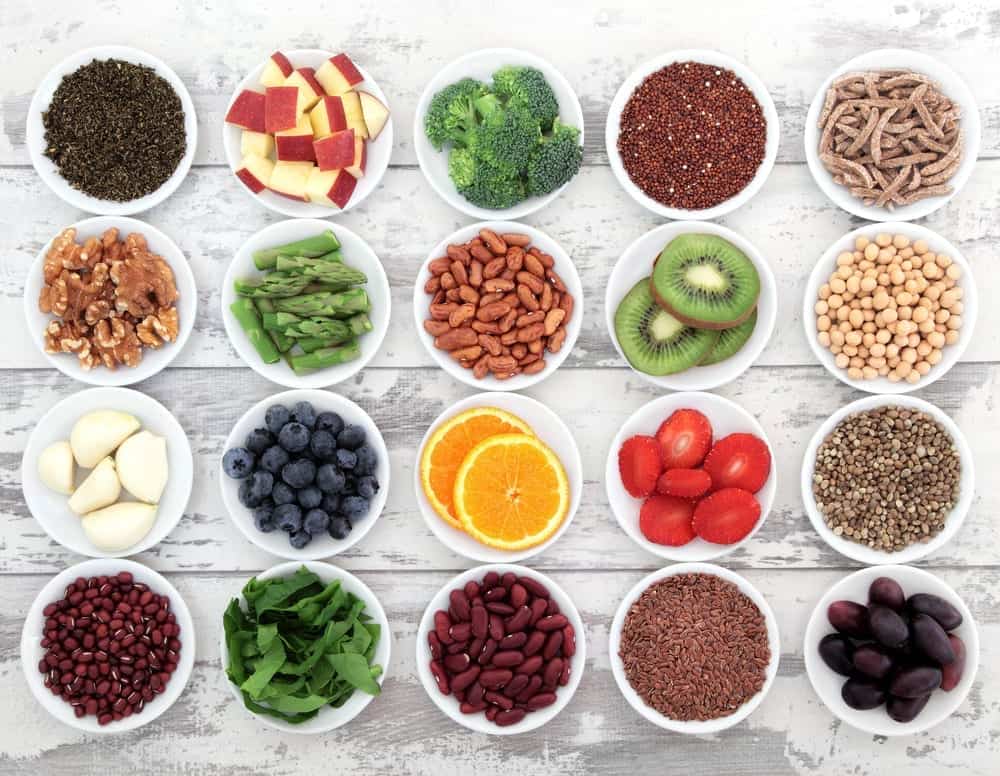The health and fitness world is fueled by buzzwords; Words or phrases that immediately make us believe that a food is infinitely better for us, or even required for us to live healthy lives.
Beginning with research in the 1990s, antioxidants entered the public consciousness and were instantly hailed as nutritional and biological heroes. But, are they? What are antioxidants and how do they really work?
The Struggle
As your body processes oxygen, nutrients and a huge number of other substances, it creates waste products called “free-radicals.” There are many different types of free-radicals, but the general idea is the same: The atoms of these chemicals are missing electrons, making them unstable. In an effort to fix themselves, free-radicals will then steal electrons from other atoms causing devastating damage to it’s victim.
This sort of cellular crime has been linked with a host of medical conditions, including cancer and a shortened lifespan.
But antioxidants swoop in and stop these horrible free-radicals from rampaging through your system. For this reason, antioxidants have built up a pretty sterling reputation and have been credited with not only fighting disease but prolonging life.
As far as exactly how antioxidants do what they do, though, the science is unclear. What we do know is that many different substances – vitamins, minerals and other nutrients – have antioxidant properties and some even target specific free-radicals. So it’s plain that antioxidants are good things. But are free-radicals really all that bad? And are antioxidants really all that great?
More Complicated
Recent research, however, reveals a very different picture – one in which there is no clear hero or villain.
First off, let’s take a closer look at free-radicals. They’ve been maligned long enough. While it is true that free-radicals can cause significant damage to some very important cellular structures, studies have found that your body can actually make use of these substances for energy production and immune responses. Some studies have even found that free-radicals – within a specific range – can prolong life rather than shorten it.
Antioxidants, on the other hand, could be highly destructive in large doses. High levels of these supposedly benevolent chemicals have been associated with cancer, heart disease and a shortened lifespan.
Obviously, then, the issue of antioxidants and free-radicals is not as black-and-white as once believed.
The Take-away
Of course, this isn’t to say that antioxidants are all bad or that free-radicals are an under-appreciated band of glorious saviors. The fact is that both substances can be either beneficial or destructive depending on the context. Under normal circumstances, your body balances things to prevent either antioxidants or free-radicals from becoming problematically over-abundant.
And many sources show that the typical American diet is low in key antioxidants like vitamins, C, E and D – meaning that the antioxidant/free-radical balance is upset. The trick, then, is to get enough of these antioxidants to fit your body’s needs and strike the balance without straying into the realm of “megadoses.”
This, like many health and fitness topics is an extremely complex discussion, though. If you’d like to learn more, please take some time to explore our other health and fitness articles.



